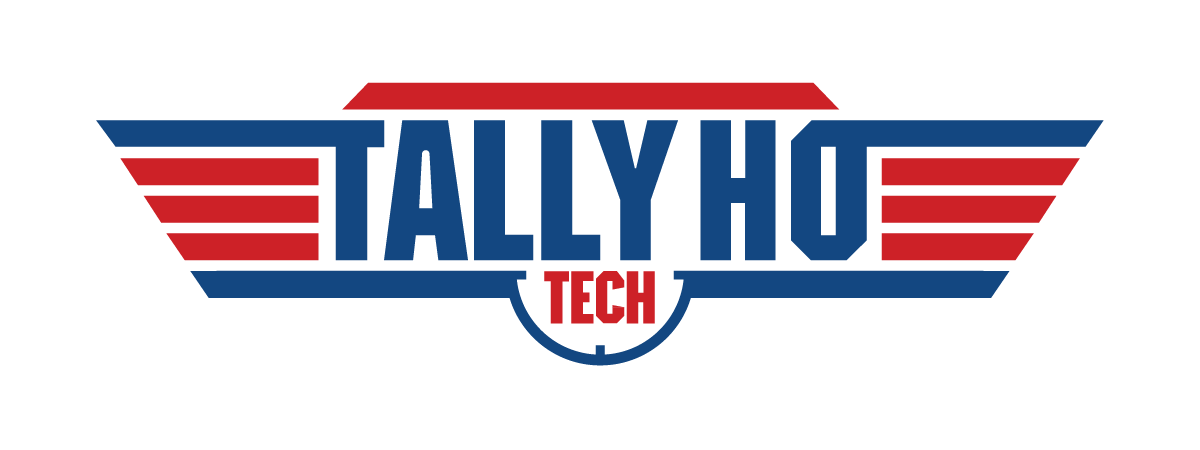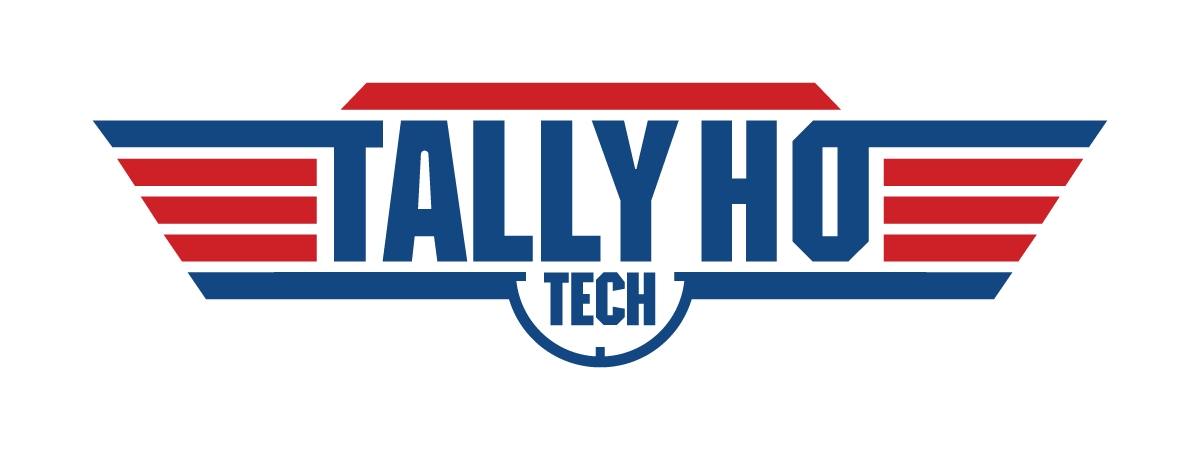In the ever-evolving field of cybersecurity, staying informed about recent developments and learning from past incidents is crucial for businesses to safeguard their digital assets. One such case that has garnered significant attention recently is the SEC’s enforcement action against SolarWinds. This case not only highlights the importance of robust cybersecurity practices but also underscores the legal implications of inadequate cyber defenses.
The SolarWinds Case: A Wake-Up Call SolarWinds, a major IT management software provider, faced a high-profile cybersecurity incident known as the SUNBURST attack, believed to be orchestrated by state-sponsored hackers from Russia. The breach exposed vulnerabilities in SolarWinds’ security measures, leading to significant legal and financial repercussions. In July 2024, a federal court dismissed some of the SEC’s claims against SolarWinds, yet upheld others related to pre-SUNBURST disclosures, emphasizing the materiality of accurate cybersecurity reporting to investors.
Key Takeaways for Cybersecurity Practices:
- Comprehensive Risk Assessments: Companies must conduct thorough and regular risk assessments to identify and address potential security vulnerabilities. SolarWinds’ failure to implement proper controls pre-SUNBURST serves as a cautionary tale for all organizations.
- Transparent Disclosures: Ensuring transparency in public cybersecurity disclosures is critical. Misleading statements can lead to severe legal consequences, as seen in SolarWinds’ case, where the court highlighted the importance of truthful communications regarding cybersecurity risks.
- Legal and Leadership Accountability: The SEC’s actions against SolarWinds emphasize the accountability of corporate leaders in maintaining and reporting cybersecurity measures. Engaging legal counsel early can help align public statements with internal cybersecurity realities.
Current Trends in Cybersecurity:
- Ransomware Attacks on Healthcare: The healthcare sector continues to be a prime target for cybercriminals. Recent attacks on major organizations like UnitedHealth highlight the critical need for robust cybersecurity measures to protect sensitive health data from ransomware and other threats.
- Exploitation of AI Vulnerabilities: As AI technology advances, so do the tactics of cyber adversaries. Exploiting AI-powered applications to manipulate data or create deep fakes poses significant risks, requiring enhanced security protocols and continuous monitoring.
- Supply Chain Attacks: The SolarWinds incident is a prime example of how supply chain vulnerabilities can be exploited. Companies must vet their suppliers and implement stringent security measures across the supply chain to prevent such breaches.
The SolarWinds case and recent cybersecurity trends underscore the importance of proactive and transparent cybersecurity practices. Businesses must stay vigilant, continuously update their security protocols, and ensure that all cybersecurity disclosures are accurate and comprehensive. By learning from past incidents and adapting to new threats, organizations can better protect themselves in an increasingly complex cyber landscape.

